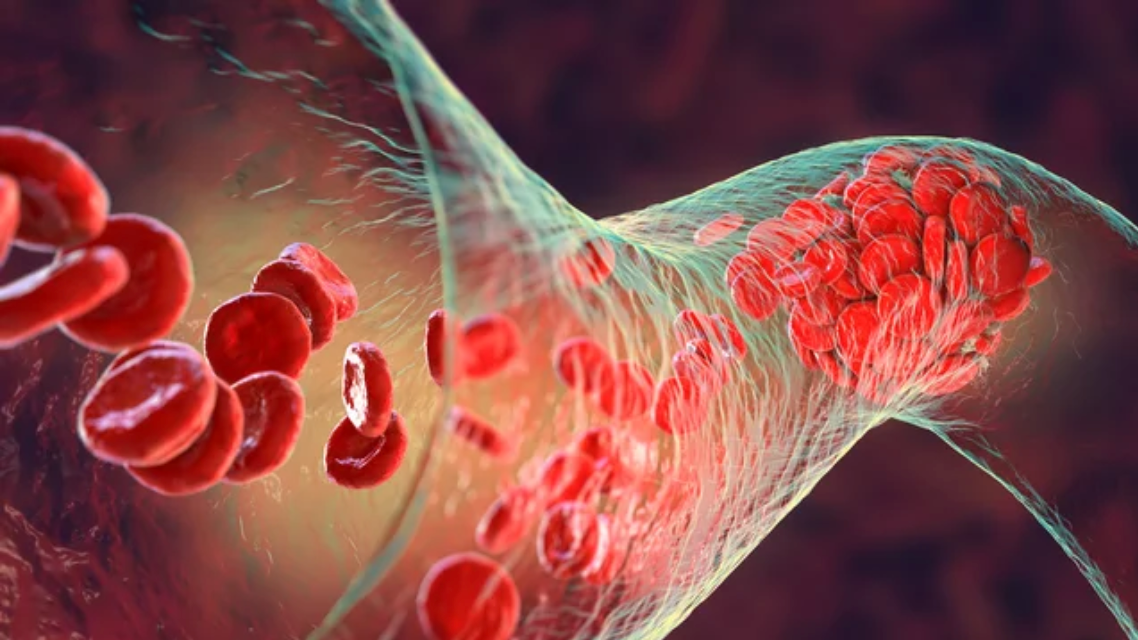- Center on Health Equity & Access
- Clinical
- Health Care Cost
- Health Care Delivery
- Insurance
- Policy
- Technology
- Value-Based Care
COVID-19 Pandemic Affected Consistency of Care for Patients With PAH, Study Finds
An observational study confirms that the COVID-19 pandemic significantly disrupted care for patients with pulmonary arterial hypertension (PAH).
According to a study published in Pulmonary Circulation, patients with pulmonary arterial hypertension (PAH) experienced significant health care disruptions during the COVID-19 pandemic.
Left untreated, PAH can lead to right heart failure. Given that patients with PAH are more vulnerable to certain risks, consistent evaluations, monitoring, and access to specialist care are necessary for the safety and management of their condition.
The onset of the COVID-19 pandemic changed the scope of patient care. Most notably for the authors, COVID-19–related lockdown measures restricted the availability of in-person care. Taking this into account, with a focus on patients with PAH, the researchers had 2 goals: (1) to assess COVID-19’s impact on the amount of in-person, telehealth, specialist, and PAH-related testing visits in the 6 months prior to and immediately following lockdown measures and (2) to evaluate the outcomes of these disruptions in the year following the lockdown period.
Hypertension Clot - stock.adobe.com

Data were gathered from the Clinformatics Data Mart (CDM) database from January 12, 2016, until September 11, 2021. After their initial assessments regarding visitation frequency pre- and post COVID-19, patients were split into 2 cohorts to evaluate outcomes for those who experienced health care disruptions (those who had at least 1 care visit in the pre–COVID-19 period but no visits in the post–COVID-19 period) and those who did not (patients who had at least 1 visit in both periods).
Patients analyzed in the pre–COVID-19 period (n = 598) compared with those in the immediate post–COVID-19 period (n = 599) had 37% more in-person outpatient visits (2.12 vs 1.27 on average) and specialist visits with pulmonologists and cardiologists (37.0% vs 22.9% and 33.8% vs 27.5%, respectively). In the post–COVID-19 period, patients had more telemedicine visits compared with those during the pre–COVID-19 period (0.45 vs 0.02). These results show significant shifts in the types of health care accessed by patients with PAH that coincided with the onset of the pandemic.
PAH-related testing was less likely for patients in the post–COVID-19 period. The tests affected included echocardiograms (44.2% vs 51.3%; P = .014), 6-minute walking distance (16.2% vs 24.9%; P < .001), and electrocardiograms (41.7% vs 54.2%; P < .001). Overall, patients in this post–COVID-19 period had 30% less testing completed compared with those of the pre–COVID-19 period (P < .0001).
A total of 288 individuals were eligible for analysis on the impact of health care disruptions. Of these, 48 experienced disruptions in care whereas 240 did not. This analysis also considered the rates of hospitalization, length of hospital stays/total days in hospital, costs of care, and visits to the emergency department. The researchers’ findings showed that in the year following the lockdown period, disruptions in care were associated with more time spent hospitalized (10 vs 5 days) and increased hospitalization costs ($34,755 vs $20,090); however, other the factors were not significantly impacted by disruptions.
The authors’ findings coincide with other studies that analyze COVID-19’s impact on health care access. Given that their results demonstrated significant disruptions for patients with PAH in the wake of the pandemic, they believe their study makes a strong case for prioritizing the unmet needs of these patients in other instances where access to specialist care may be compromised—such as when gaps in insurance coverage occur or natural disasters impede access. Additionally, they emphasize how their results show the importance of closely monitoring the long-term effects for patients who experience missed or inadequate care moving forward.
Reference
George MP, Germack HD, Goyal A, Ward C, Studer S, Panjabi S. Impact of the COVID-19 pandemic on care disruptions, outcomes, and costs in patients receiving pulmonary arterial hypertension-specific therapy in the United States of America: an observational study. Pulm Cir. 2023;13(3):e12283. doi:10.1002/pul2.12283
